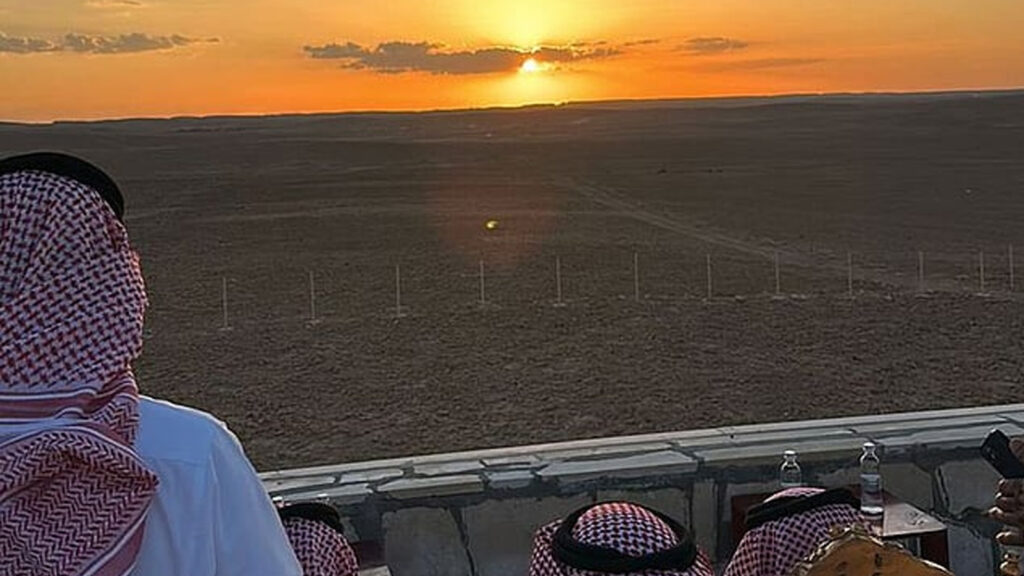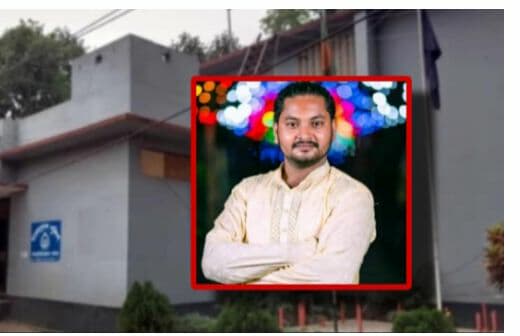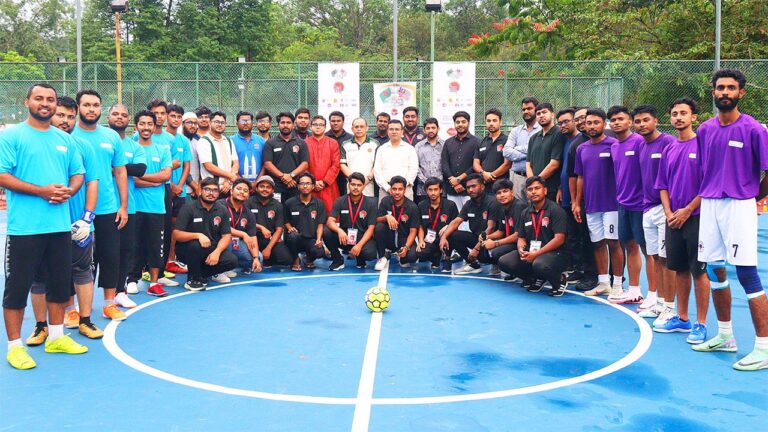
Ashik Islam, special correspondent: Dhu Al Hijjah is the month in which Hajj pilgrimage is performed followed by Eid Al Adha
The UAE Council for Fatwa has urged residents across the Emirates to participate in the sighting of the Dhu Al Hijjah crescent moon on the evening of Tuesday, May 27, 2025. This observation is crucial for determining the commencement of one of the most sacred months in the Islamic calendar.
The council’s Crescent Sighting Committee has extended an invitation to specialists, astronomers, and the wider community to scan the skies after sunset on the 29th of Dhul Qadah, which aligns with May 27, 2025.
Observers who spot the moon are encouraged to report their findings by calling 027774647 or through the online
Eid Al Adha in the UAE is expected to fall on Friday, June 6, 2025.
The exact date is confirmed based on the sighting of the new moon of Dhul Hijjah, the 12th and final month of the Islamic lunar calendar. The UAE Council for Fatwa has called for public participation in sighting the crescent moon on Tuesday evening, May 27, 2025.
If the moon is sighted and Dhul Hijjah begins on Wednesday, May 28, then Arafat Day will be on Thursday, June 5, followed by Eid Al Adha on Friday, June 6. This would result in a four-day public holiday, including the weekend, for many in the UAE.
According to astronomical data, the crescent is expected to be visible only through telescopes in many locations, including the UAE. In Abu Dhabi, the moon will set 38 minutes after sunset, with an age of just over 13 hours and an angular separation of 7.7 degrees from the sun—conditions that make telescope-assisted sightings possible but rule out visibility with the naked eye.
In other regional cities, similar limitations apply. In Mecca, the moon will set 39 minutes after sunset with comparable angles. In Amman and Jerusalem, crescent visibility may be possible with the unaided eye under exceptionally clear conditions. Cities like Cairo and Rabat will have slightly more favorable sighting windows, but optical aid will likely still be required.
Ashik Islam, special correspondent:







